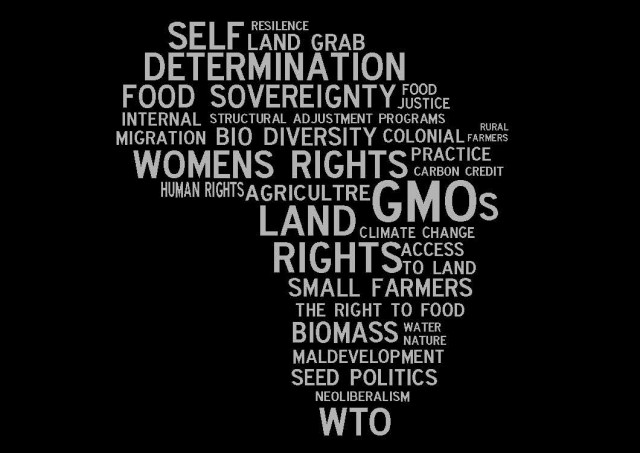Global Politics and Africa
Global politics, or geopolitics, refers to the relationships and interactions among nations as they compete for power, influence, and economic resources. Since the 1600s the global politics of Africa have been marked by dependence on others. To a large extent, Africans have been under the control of outsiders from the time of the transatlantic SLAVE TRADE, to European colonial rule, to the Cold War.
Today most African nations have difficulty promoting their interests on an international level. They also remain open to interference by non-African nations, the United Nations (UN), international relief agencies, and multinational corporations. In the past such interference was forced upon African nations. Today, however, many African states are so desperate for help dealing with economic crises and political and social turmoil that they welcome foreign assistance.

Regional Problems
Many of the nations of sub-Saharan Africa are among the poorest in the world. Most suffer from poor economic growth, frequent food shortages, and declining levels of international TRADE. Besides economic problems, the region has suffered some of the most violent internal disturbances in the world. A number of countries have experienced long years of political instability, social disintegration, and devastating violence.
African governments have tried to solve these problems by themselves and through regional institutions such as the Southern African Development Community (SADC) and the ORGANIZATION OF AFRICAN UNITY (OAU). They have also sought help from non-African nations and institutions. In recent years, however, outsiders have been reluctant to provide continuing assistance because of the magnitude of Africa's problems. Although not a high priority to the rest of the world, Africa remains a cause of concern because of its strategic location and natural resources as well as the humanitarian issues at stake.
Among the most difficult problems confronting many African nations are political instability, violence and lawlessness, and the collapse of state institutions. The international community has responded to these problems in various ways. The United Nations has sent peacekeeping troops to some areas and supervised changes of government. Western nations have increased economic aid to the continent's democratic governments. In some cases, the UN and independent relief agencies have also provided special assistance to African disaster areas.
In stable and relatively peaceful African states, international agencies and private corporations are also working to promote economic development and international trade. They have established various policies regarding the reforms they consider necessary for economic growth. However, some of these policies have been very unpopular among Africans, and African governments have questioned their effectiveness. Local objections have had little effect because the donors have insisted that reforms take place before providing assistance.
Strategic Issues
During the Cold War, the United States and Soviet Union considered Africa a strategic area and competed for influence there. Now, however, the situation in Africa has become a low priority matter in the foreign policy of Western nations. Yet Western powers are concerned about the growth of powerful Islamic movements in parts of Africa. They fear that Islamic groups may weaken some African governments and threaten the peace and security of neighboring nations.
In general, there is little agreement among Western powers about African affairs. Most nations have pursued their own foreign policies in Africa, focusing on matters of greatest concern to them. As a result, efforts to work jointly on African issues have had little success. As Western nations have cut back their role in Africa, other developed nations, such as Japan, have stepped in. This might be a result of Africa's power in the United Nations General Assembly, where African governments control 45 votes (the largest group of votes from one continent).
Role of Regional Organizations
Africans have handled global politics in various ways, including forming regional organizations to deal with common problems. Some of these organizations show promise. In western Africa, for example, the peacekeeping forces of the Economic Community of West African States (ECOWAS) managed to maintain order in LIBERIA during a period of power struggles. The Southern African Development Community has supported moves toward peace and democracy in ANGOLA, MOZAMBIQUE, and LESOTHO. African regional organizations have had less success solving economic problems, partly because African governments have been unable to contribute funds for economic development programs.
In the future the Organization of African Unity may be increasingly involved in establishing governments and bringing about peace and security for African nations. Only after achieving political stability can African nations truly begin to pursue their own interests in global politics. (See also Colonialism in Africa; Development, Economic and Social; Economic History; Genocide and Violence; Government and Political Systems; History of Africa; United Nations in Africa.)